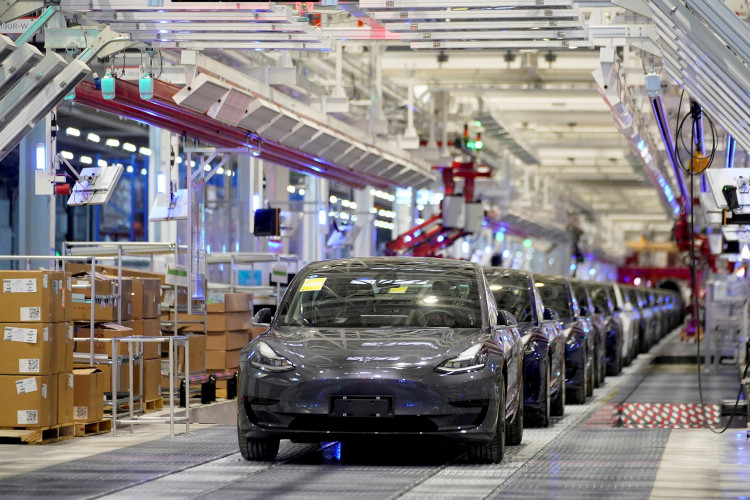Tesla Inc. announced plans to construct a new factory in Shanghai, with a production capacity of 10,000 Megapack energy products per year, to supplement the output of its California Megapack facility. Chinese state media outlet Xinhua first reported the news.
The company is scheduled to break ground on the new plant in the third quarter of 2023, with production set to begin in the second quarter of 2024, according to Xinhua. The new facility will complement Tesla's existing electric vehicle (EV) manufacturing plant in Shanghai, initially producing 10,000 Megapack units per year, equivalent to approximately 40 gigawatt hours of energy storage. The Megapacks will be sold globally.
By building the new plant in Shanghai, Tesla aims to leverage China's leading battery supply chain to increase production and reduce the costs of its Megapack lithium-ion battery units. This move comes in response to the growing global demand for energy storage as the world transitions towards greater use of renewable energy sources. Tesla primarily earns revenue from its EV business, but CEO Elon Musk has expressed intentions to expand the company's solar energy and battery operations to a similar scale.
Chinese battery giant CATL has been deepening its collaborations with clients, including Tesla, in the supply of energy storage batteries. CATL Chairman Robin Zeng anticipates a larger market for energy storage batteries compared to EV batteries.
Tesla's current Megafactory in Lathrop, California, has a manufacturing capacity of 10,000 Megapacks per year. The company started producing Model 3 cars in Shanghai in 2019, with a current output capacity of 22,000 units per week. Tesla planned to increase the annual production capacity of its Shanghai Gigafactory by 450,000 units, as reported by Reuters in May 2022.
However, Tesla has faced challenges with rising inventory in Shanghai as demand began to weaken in the third quarter. This led to aggressive price cuts in major global markets in January. Additionally, growth in EV sales in China, the world's largest auto market, has slowed to 20.8% in the first two months of 2023, down from 150% in the same period in 2022.






